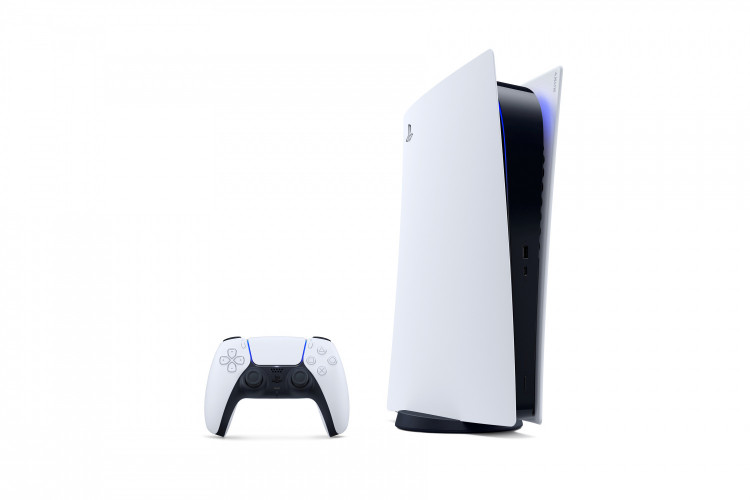Bloomberg has reported that Sony Group Corp has lowered its PlayStation 5 manufacturing forecast for this fiscal year because of component and logistics difficulties.
The Tokyo-headquartered entertainment conglomerate had previously set a goal of assembling more than 16 million units in the fiscal year ending in March, allowing it to meet its sales objective for the period while also getting a good start on the next year's production.
The figure has now been reduced to around 15 million, making Sony's goal of 16 million PS5 sales by March tough to achieve, sources, who asked not to be identified because the information is private, disclosed.
The news comes as a result of a global semiconductor scarcity that is affecting companies like Sony. Entertainment, sensors, and financial services are all areas where the company operates.
The company announced in October that it was on track to sell 14.8 million PS5 consoles this fiscal year, a forecast that accounts for global shortages.
On a conference call late last month, Sony's Chief Financial Officer Hiroki Totoki informed investors that logistics challenges and parts shortages have become more serious.
Totoki reported on October 28 that sales of the PS5 were slightly lower than expected in the quarter ended September, after previously warning that a revival in the spread of COVID-19 could have an impact on the company's component supply.
The PlayStation 5 became the first Sony console to sell 10 million units in July, but it has subsequently dropped behind its predecessor, the PlayStation 4, in terms of sales.
Meanwhile, Sony and Taiwan Semiconductor Manufacturing Co (TSMC) are teaming up to develop a $7 billion chip factory in Japan.
A press release from the two companies stated that construction on the factory, which will supply semiconductors to Sony's image sensor division, will begin in 2022 and production will commence at the end of 2024.
The PS5 console, which was released a year ago, has been difficult to come by for the entire period it has been on the market, owing to Sony's inability to get enough devices distributed globally.
Several issues are "seriously affecting the supply of the product," Sony's second-quarter results for the current year show, including "disruption of the worldwide distribution supply chain and constraints on the supply of components, especially semiconductors."
Uneven vaccine rollouts in undeveloped countries where the company's suppliers have manufacturing locations have also rendered chip and part supplies unreliable.






